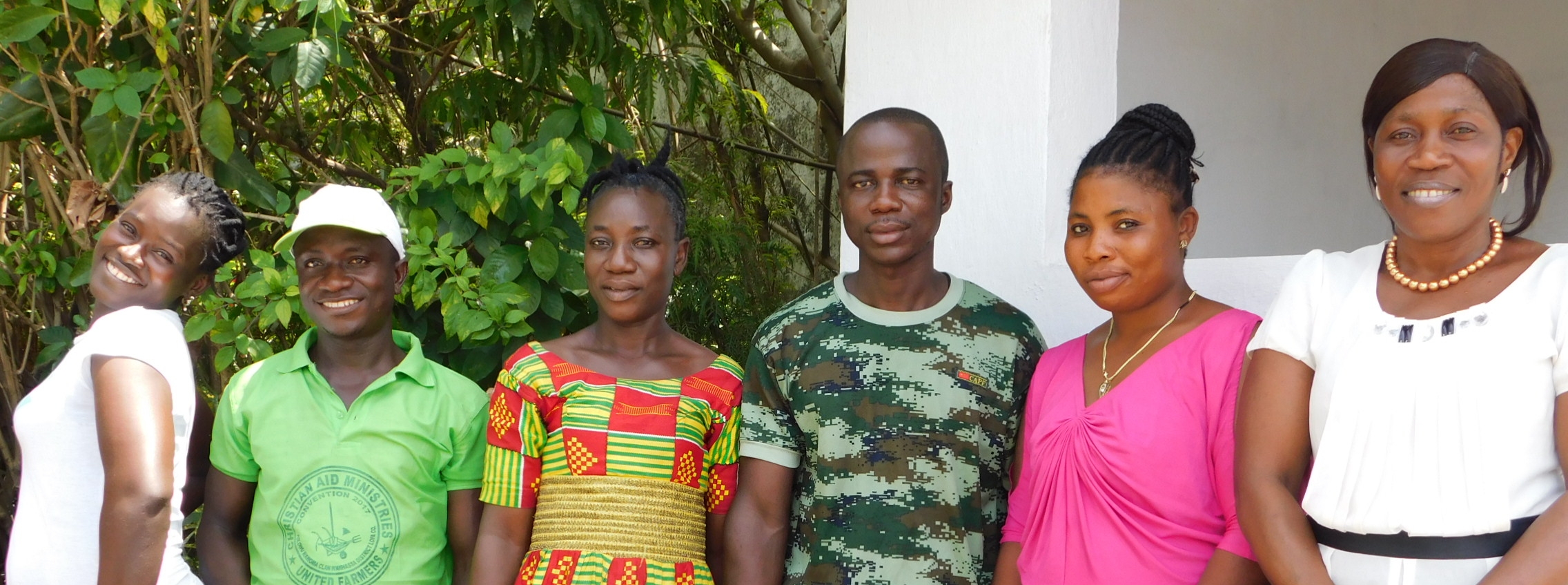U.S. assistance to Mali supports the country’s implementation of the 2015 Accord for Peace and Reconciliation. The agreement between the Government of Mali and groups in northern Mali aims to bring stability to the country's vast northern desert, which has experienced several uprisings from separatists groups since the 1960s and has more recently been a sanctuary for armed fighters linked to al-Qaeda. USAID initiated the three-year Education Emergency Support Activity (EESA), implemented by CAMRIS International and its implementing partners Juárez & Associates (J&A), Human Network International (HNI), and COBO Construction, with the purpose of supporting the Government of Mali to restore access to basic education to 80,000 students and to strengthen the educational system in areas affected by conflict and crisis.
The project is being implemented in 250 project schools and communities in five conflict-affected regions of Mali: Ségou, Mopti, Gao, Kidal and Timbuktu. The overarching project objectives include: 1) Increased availability of safe and accessible primary schooling; 2) Improved delivery of conflict and gender-sensitive basic educational services, and 3) Institutional capacity to deliver educational services in conflict-affected environment strengthened.
J&A completed a Gender Analysis in 2016 and has been working with CAMRIS International to ensure gender is mainstreamed in project design, planning, implementation, messaging and monitoring and evaluation. J&A remains focused on decreasing key barriers for girls’ access to education and improving girls’ safety at schools and in communities. J&A is providing technical assistance in improving conflict- and gender-sensitive learning and teaching materials, assessing and strengthening remedial instruction programs, and improving conflict- and gender-sensitive instruction and classroom management techniques to promote peace building, resilience, conflict resolution, inclusion, and equity.
A teacher reassured by the success of this school year.
Mohamed Abdoulaye is a first-grade teacher at the school of Berrah, located in the commune of Soni Aliber in Gao. A native of the area, he believes in the importance of education for the children of his community. Moreover, he views the first grade is a critical step in the education system, since it builds a strong foundation that allows students to thrive in subsequent years.
Although the security situation has improved in some localities, untimely teacher strikes have resulted in a significant 30% delay in the progress of the school curriculum for the 2016-2017 school year. In response to concerns from the Malian government, USAID’s EESA project has launched a campaign of remedial courses in reading, writing and mathematics for first and second grade students. From March to June 2017, these courses were offered in all five of the project’s target regions, and were based on the official curriculum. A total of 4,570 students benefitted from this activity. J&A visited the 30 project intervention schools across the five regions to assess student level in reading, writing and mathematics in first and second grade; provide capacity-building to teachers on student assessment; and improve the available tools to collect, monitor and assess the impact of the activity within the project intervention schools.
Concerned about the fate of his pupils, Mohamed welcomed this initiative: “Thanks to the remedial courses, the majority of my students will graduate to the next level.” To his pleasant surprise, he was able to recommend 72% of his students for graduation, far higher that the initial estimate of 45% made before the remedial courses.
Arber Maiga, the parent of one of Mr. Abdoulaye’s students, states: “We were afraid that our children would miss this school year, but thanks to the remedial courses, not only have they caught up to the official curriculum, but they are equipped to thrive in the upper classes.”
USAID continues to honor its commitment to the government of Mali to support the education system through the EESA project, and to address the challenges in the regions affected by conflict, to give all children the opportunity to learn.






